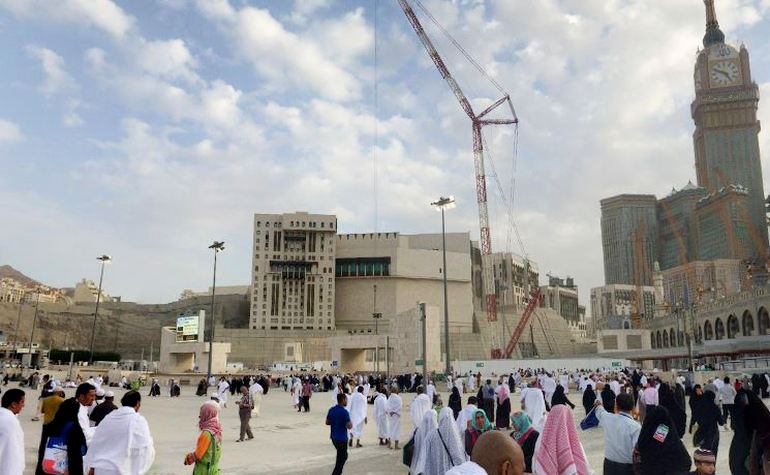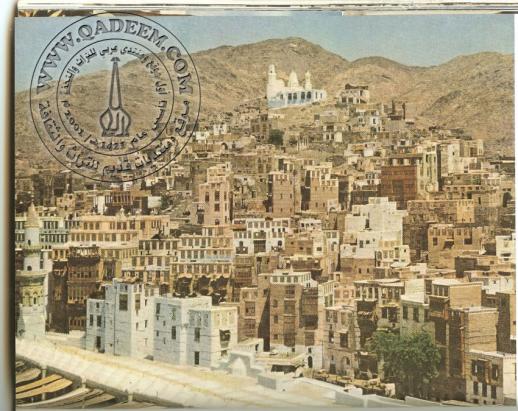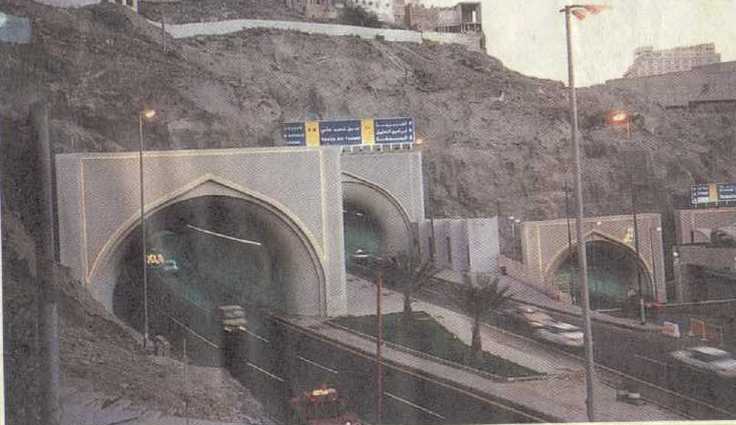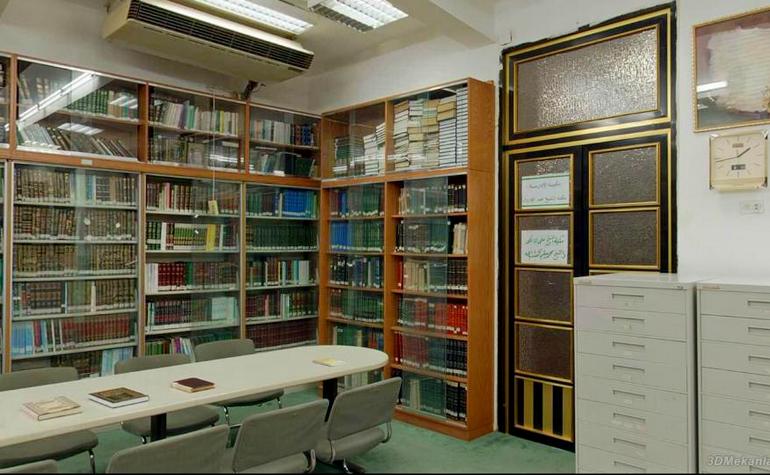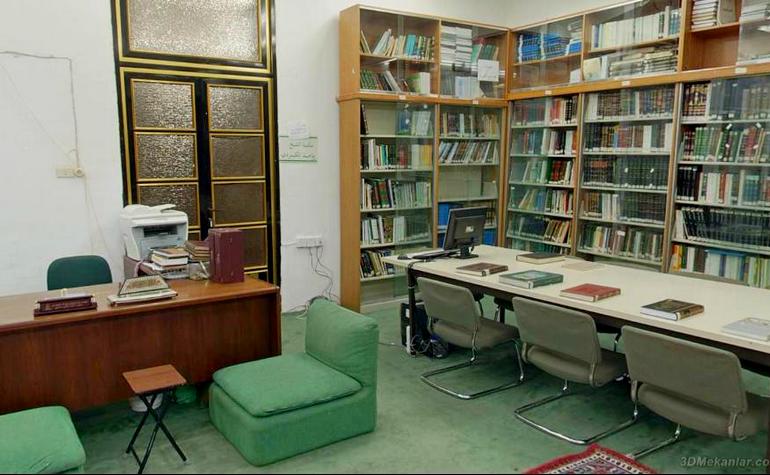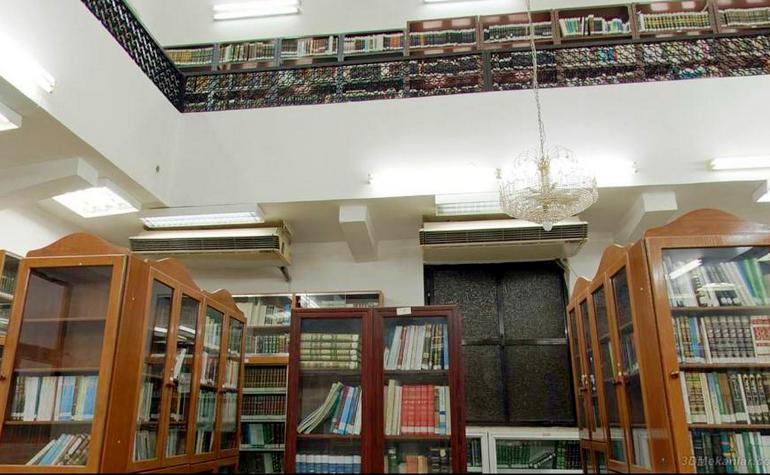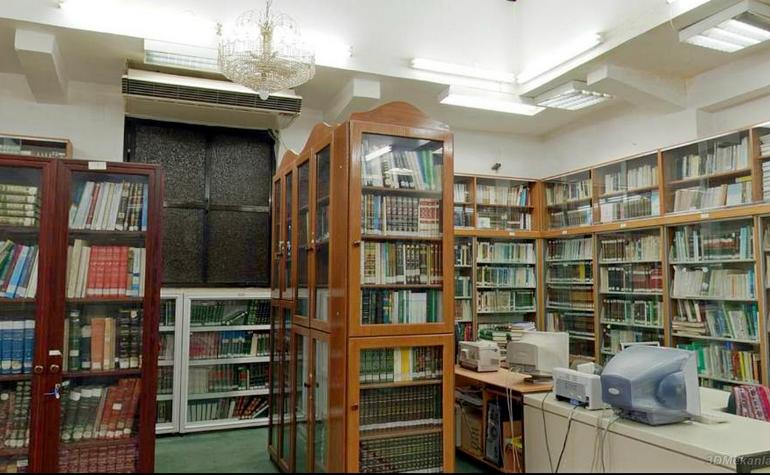Sahih Bukhari 2.388:
Narrated Anas bin Malik: One of the sons of Abu Talha became sick and died and Abu Talha at that time was not at home. When his wife saw that he was dead, she prepared him (washed and shrouded him) and placed him somewhere in the house. When Abu Talha came, he asked, "How is the boy?" She said, "The child is quiet and I hope he is in peace." Abu Talha thought that she had spoken the truth. Abu Talha passed the night and in the morning took a bath and when he intended to go out, she told him that his son had died, Abu Talha offered the (morning) prayer with the Prophet and informed the Prophet of what happened to them. Allah's Apostle said, "May Allah bless you concerning your night. (That is, may Allah bless you with good offspring)." Sufyan said, "One of the Ansar said, 'They (i.e. Abu Talha and his wife) had nine sons and all of them became reciters of the Qur'an (by heart).' "



